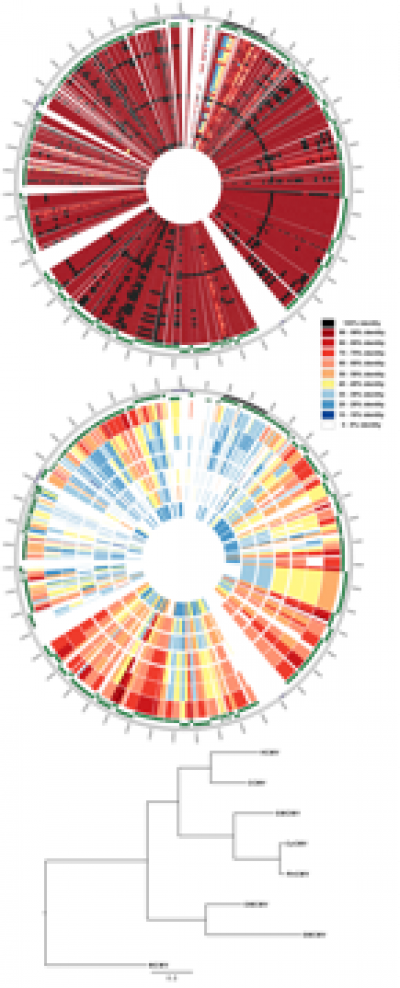
Cytomegalovirus (CMV) are herpesviruses infecting a variety of mammals and establishing life-long infections in their specific host. Human cytomegalovirus (HCMV) is a widespread pathogen which persists latently in the majority of humans. Although usually asymptomatic, HCMV can induce life-threatening disease in congenitally infected newborns and immunosuppressed patients. This public health issue is compounded by the increasing frequency of antiviral-resistant strains and the lack of an effective vaccine. This is complicated by the virus' active inhibition of the host's adaptive immune response, seemingly to promote superinfection. Unravelling the evolutionary dynamics of HCMV is critical for the epidemiological control of the virus as well as effective drug and vaccine development. However, this task has proven difficult so far due to the complex life cycle alternating latent periods and stochastic reactivation events, and the presence of mixed within-host populations. Additionally, accurate characterization of the genomic diversity of wild-type viruses has been hampered by the mutagenic effect of the culturing step necessary in traditional whole-genome sequencing methods.
Using recent technological advances in targeted DNA capture (Depledge et al., 2011) we could gather an unprecedented dataset of complete wild-type viral genome sequences from clinical samples congenitally infected infants and immunosuppressed transplant recipients, including serially sampled individuals. This allowed us to investigate the intra-host evolutionary dynamics and to retrace the evolutionary history of the virus at the species scale. This notably showed that HCMV genomes recombined extensively and that selection was acting heterogeneously across the genome and through time, in response to host immune system pressure. The combination of these processes likely contributed to the strong adaptation of CMVs to their host, allowing them to co-evolve on the long-term.
 Close
Close

